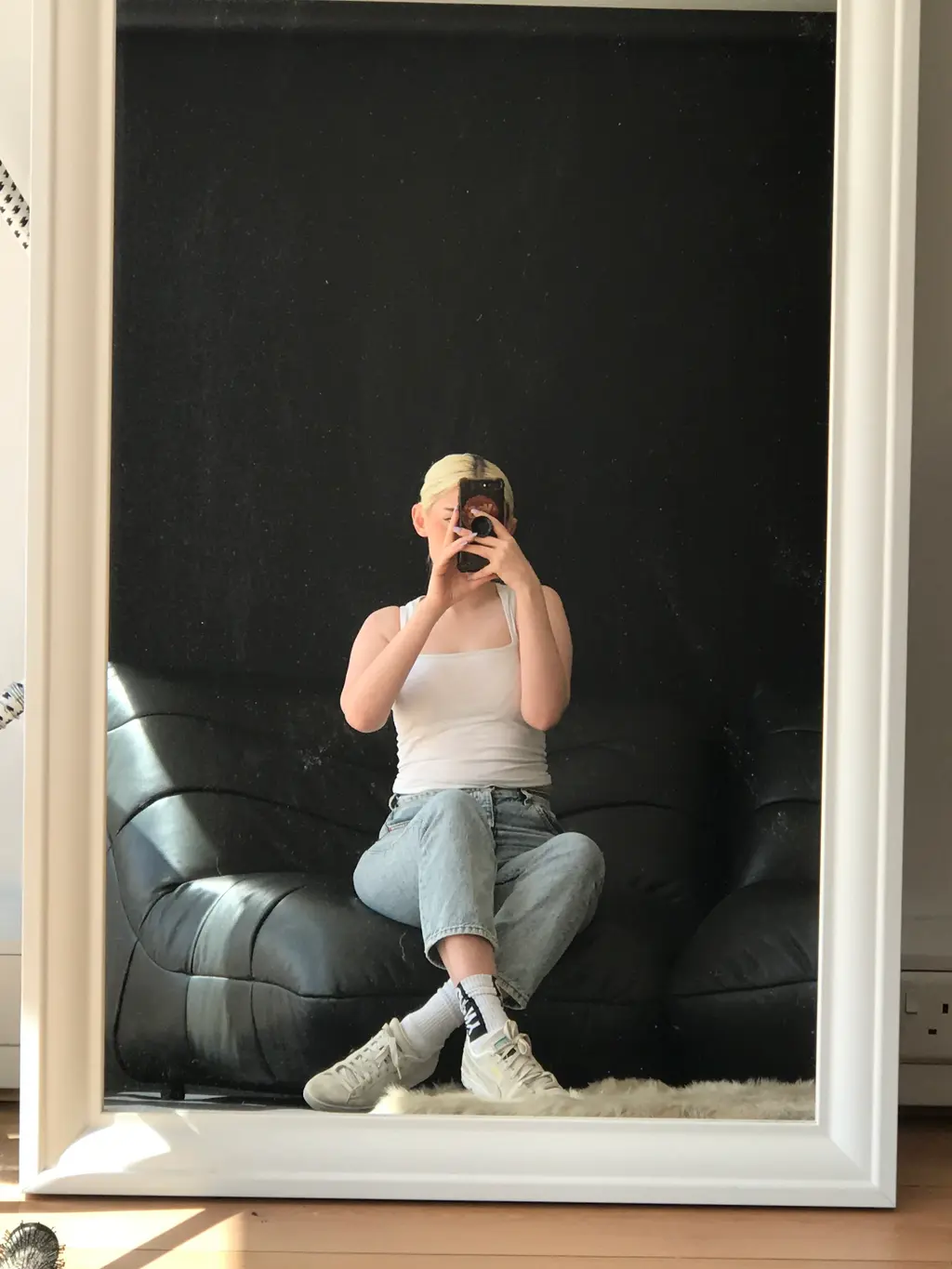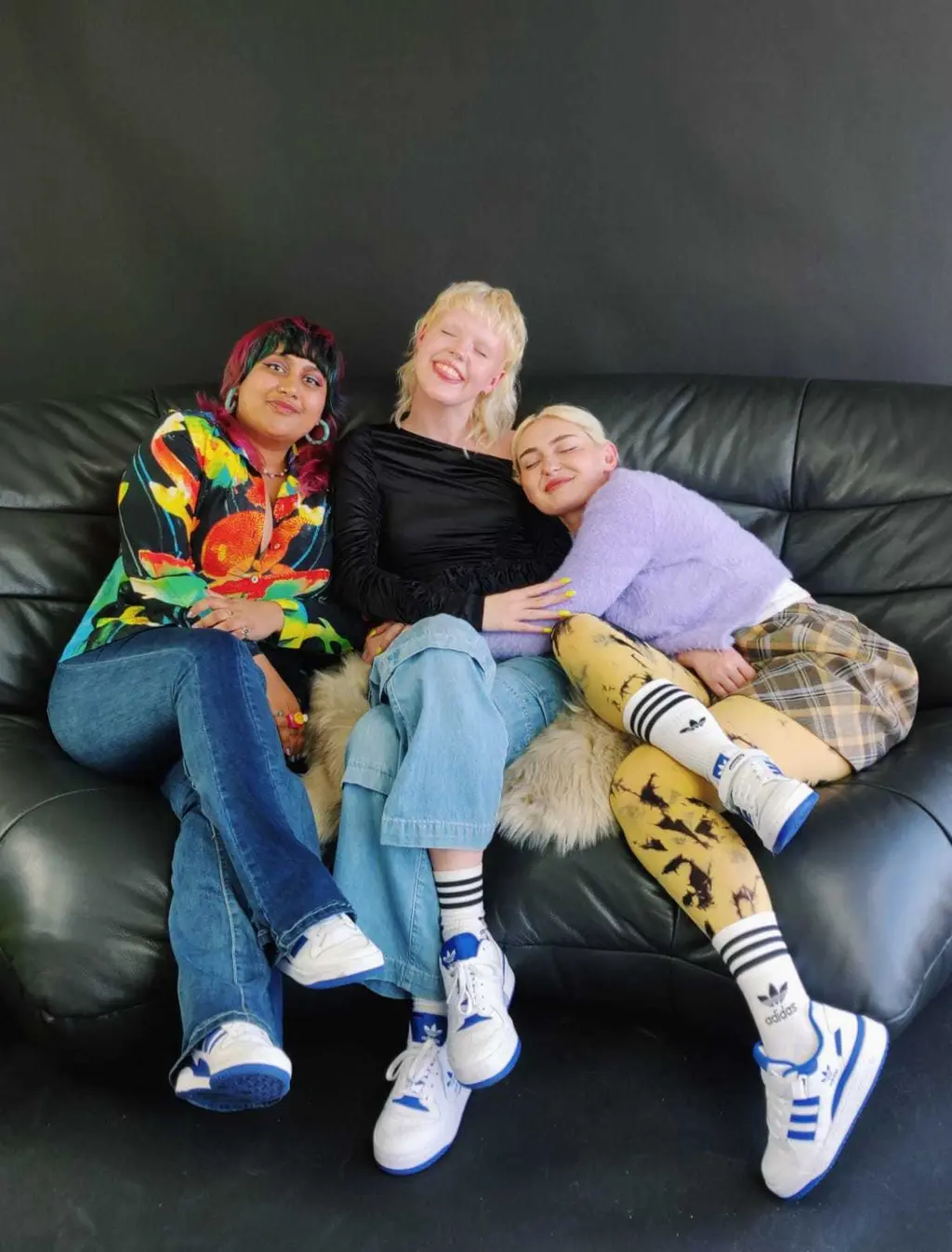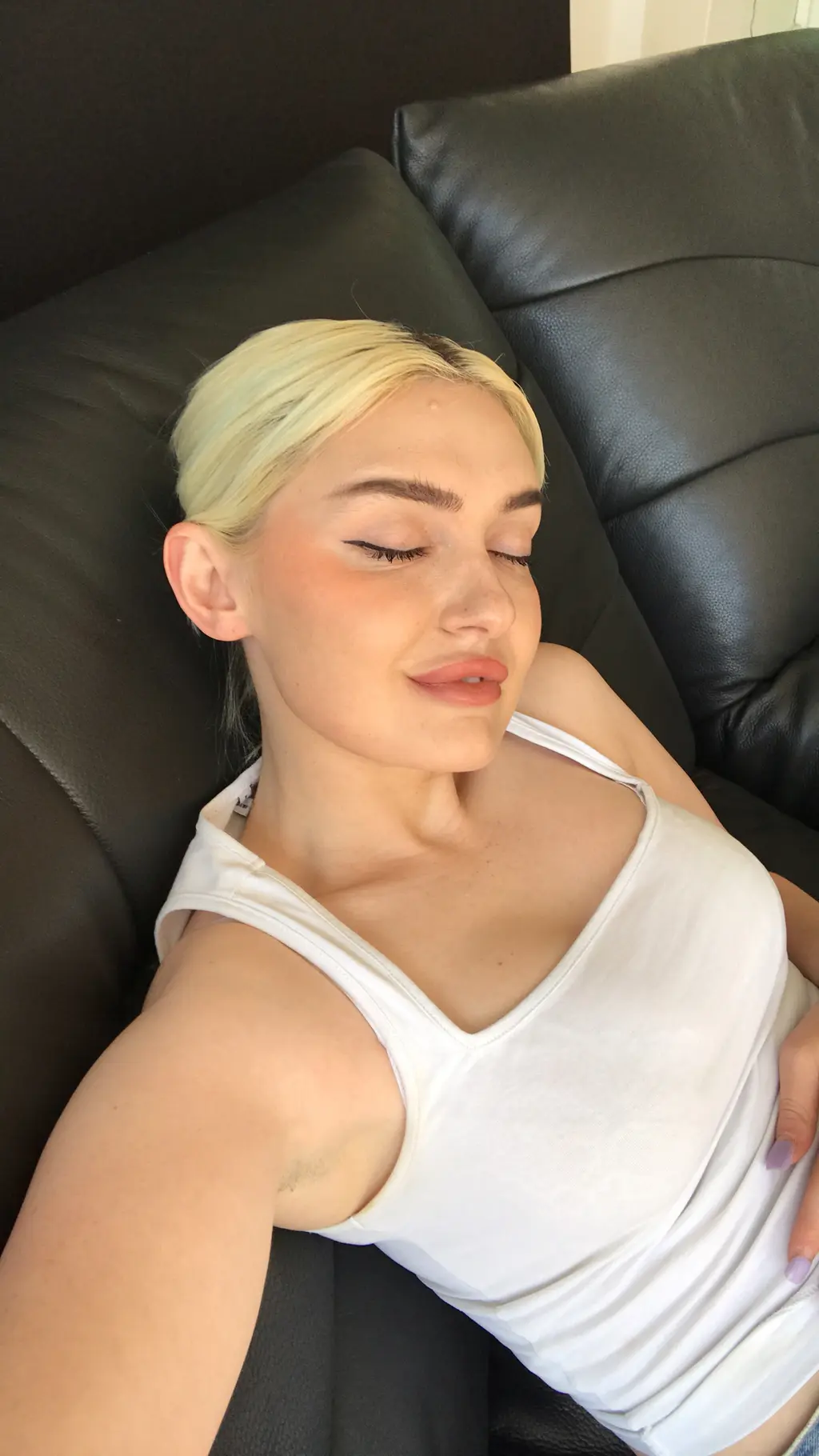Life as a 28-year-old magazine editor with severe anxiety and an eating disorder

Mental Health Diaries: Tori West, the founding editor of BRICKS Magazine, walks us through a day of coping with severe anxiety and an eating disorder.
Each year, one in four people will struggle with their mental health in some way. But you don’t need statistics to realise the true extent of the problem. You perhaps only need to speak to friends and family, or even look inwardly, to notice that our collective mental health is in freefall. As we figure out how to heal from the tragedies of the pandemic, awareness has never been more important.
It’s not all doom and gloom, though. Running parallel to the rise in mental health issues is a growing desire to open up about the things we usually bottle up. Slowly but surely, stigmas are being smashed, taboos are being lifted, and more people are finding the courage to speak out.
THE FACE’s new series, Mental Health Diaries, is only part of the conversation. By laying the realities of living with various issues bare, we hope to not only encourage understanding and empathy towards those with stigmatised conditions, but also inspire people to reach out to others and seek support. Most importantly, we want everyone to know that they’re not alone.
[TW: Eating disorders]
My name is Tori West. I’m a freelance writer and the founding editor of BRICKS Magazine. Last year, I was diagnosed with severe anxiety and I now take SSRIs. I also suffer from an eating disorder, which still occasionally flares up and affects my daily thought patterns with food. Thankfully, I’ve been in remission and have managed my symptoms quite well for the past year.
7:00AM: I try my best to get up early everyday, as I’m more productive in the morning. More often than not, though, my anxious brain has already decided whether today is going to be a good or bad day. I felt anxious today, so I made sure I took some time to have a cup of coffee with oat milk (my favourite) in bed, until I felt settled enough to start the day. I try to stay off my phone first thing, but today I watched TikTok videos to distract myself from my anxiety.
On days when I’m feeling up to it, I sit on my balcony, with no phone or distractions, and practice Cognitive Behaviour Therapy (CBT). I give myself 20 minutes of “worry time”, a technique that teaches our brain to reduce our hypothetical worries. You have to think of every single outcome of something you’re hypothetically worrying about for the whole 20 minutes. The idea is that it trains your brain to get bored of worrying, so it helps reduce your anxiety. Throughout the day, I write everything I worry about down into my “WorryTime” app, which is what I’ll spend 20 minutes worrying about tomorrow.

7:30AM: It’s important to give your brain some joy after CBT, so I shower straight after practicing. Showering really helps me, because it feels like a fresh start, like I’m washing away all my current emotions. Today, as a special treat, I also did a morning face mask and lit some scented candles.
8:00AM: Breakfast has always been a difficult meal for me, as it’s the easiest one for me to skip when my ED plays up. I’ve recently started making soaked oats with fresh fruits and nuts, a healthy treat that I find really easy to eat. I then listen to a podcast while I’m getting ready. At the moment, I’m obsessed with My Favourite Murder. Granted, it seems pretty dark for the morning, but I love listening to true crime stories.
9:00AM: I leave to walk to my studio, which is about 15 minutes away.
10:00AM: I check my emails and do some life admin at the BRICKS Magazine office. I’m currently going through the process of getting an adult diagnosis for ADHD, as I’ve noticed it’s really difficult to get my brain to focus on tasks throughout the day and I have quite a scattered work process. I spend time in the morning writing a list of things I need to complete, and anything else I feel like working on. Today, I felt in the mood to work on our socials, so spent the morning scheduling Instagram posts and tweets. Having a magazine really helps me, as I can decide what I want to focus working on each day.
11:00AM: We’re about to hit our print deadline and I received the first draft of our upcoming issue, so I spent until lunchtime going through it. This is always a stressful time, but it’s also super exciting. A new sofa that I bought secondhand from eBay also arrived, so that was another super exciting part of my day. Naturally, I took some selfies on it!
3:00PM: We had one of our clients come into the office to film an upcoming project, which was really fun. I changed into some nicer clothes, ready for filming.
6:00PM: If the weather is good, I like to walk home through the park to help clear my head from the day. If I’ve had a hard or busy day, my brain works in overdrive as I’m such an overthinker. I often finish my days exhausted or overwhelmed. If it’s still sunny, I like to lay in the park for a bit to catch some fresh air and freckles!



7:00PM: I usually arrive home at this time. I recently gave up drinking alcohol, because I started taking SSRIs. Doctors recommend not to drink alcohol if you have depression and are on medication for it, but it was something I wanted to give up for some time, as I usually use alcohol as a way to mask my issues and cope with social situations. As I’m newly sober, I love coming home and drinking tonic water in a wine glass with ice and lime. It’s a non-alcoholic treat that marks the end of my working day, and the wine glass helps me trick my brain into thinking it’s an alternative to drinking. I also start making dinner around this time. Tonight, I had fresh pasta, my go-to comfort food.
10:30PM: Last year, I was diagnosed with severe anxiety. I found the last lockdown really overwhelming and that’s when I started taking a daily dose of SSRIs. I take them before going to bed, as they can make me sleep better.
Q&A
What’s the number one misconception about severe anxiety and eating disorders?
That there are other people worse off than you, so you don’t need help. Every single person deserves access to treatment and resources. I’d like to see more access to services for mental health and eating disorders, so people can get help before they reach breaking point.
What’s the most useful coping mechanism you use?
Knowing that it’s OK to take a break for the sake of your mental wellbeing. Being freelance, I’ve found allowing myself to take time out really hard. I like taking time for myself outside of a working environment, whether it’s reading, watching TV or catching up with friends.
What would your message to fellow sufferers be?
It will get better. I know it’s hard, but I promise you, other people care and you’re loved.
If you or someone you know is looking for support with anxiety, you can find a list of support services at anxietyuk.org.uk. For support with eating disorders, visit beateatingdisorders.org.uk.




